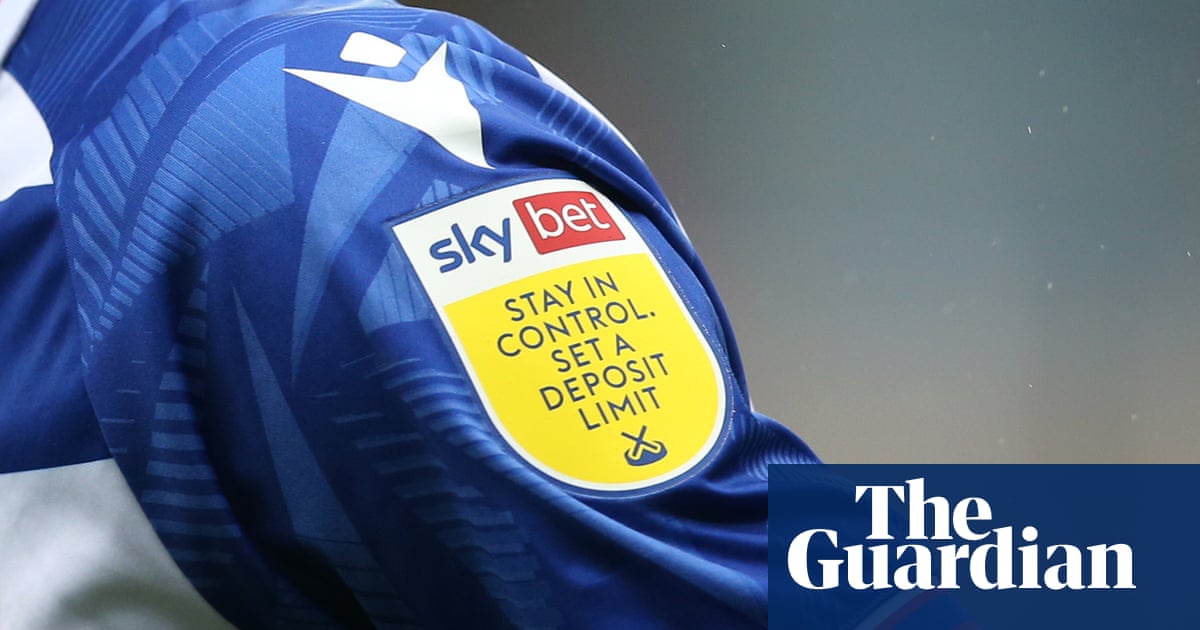The UK’s leading gambling charity has called on the next government to ban betting advertising at sports events and on pre-watershed television, citing research that indicates strong public support for stricter controls.
The survey, for GambleAware, which comes amid the usual marketing frenzy that accompanies a major football tournament such as Euro 2024, found that two-thirds of people in the UK think there are too many betting adverts.
These ads pose a particular risk to people with a gambling problem, who are almost 40 times more likely than the general public to bet more as a result of seeing them, the charity found.
The government published a white paper on gambling regulation last year that outlined a series of proposals for more stringent regulation, such as a £5 cap on digital slot machine stakes and new affordability checks to stem excess losses.
But the shake-up would have left advertising almost entirely untouched, an omission that GambleAware has previously called a “missed opportunity”.
The charity is calling on the next government to go further and ban all gambling marketing at sports events. This would include the removal of sponsorships from sports clothing and merchandise, as well as wider stadium areas.
Premier League clubs have voluntarily agreed to drop gambling brands from front-of-shirt sponsorship from 2026 though prominent pitchside hoardings will remain, while the agreement does not cover teams further down the football pyramid.
GambleAware, which is funded by donations from the industry, is also calling for a pre-watershed ban on all broadcast gambling ads on TV, video on demand and radio.
At the moment, the industry is guided by another voluntary measure, the “whistle to whistle” ban under which they commit not to advertise during broadcast sports events.
GambleAware’s chief executive, Zoe Osmond, pointed to concerns such as the high volume of gambling adverts on the radio during the school run, calling on the next government to take action.
“It [advertising] has been overlooked,” she said. “Even if there hadn’t been an election we’d be calling on government to do this.”
The gambling minister, Stuart Andrew, has previously said that his department did not act on advertising due tobecause of an absence of evidence that marketing by gambling firms causes harm.
Osmond pointed to a survey for the charity, in which 40% of people with a gambling problem said adverts had led them to spend more time or money on betting.
“The data starts to make you feel that the pushback from the last government, that there is no causation, needs to be re-examined,” she said.
The charity has also called for smoking-style health warnings on gambling products, warning punters of the potential risks.
A spokesperson for the industry’s lobby group, the Betting & Gaming Council said: “The regulated betting and gaming industry provides some of the country’s most popular sports with vital funding, including the English Football League and its clubs, which receive £40m annually.
“The government has previously stated research did not establish a causal link between exposure to advertising and the development of problem gambling.
“Betting advertising and sponsorship must comply with strict guidelines and safer gambling messaging is regularly and prominently displayed.”

